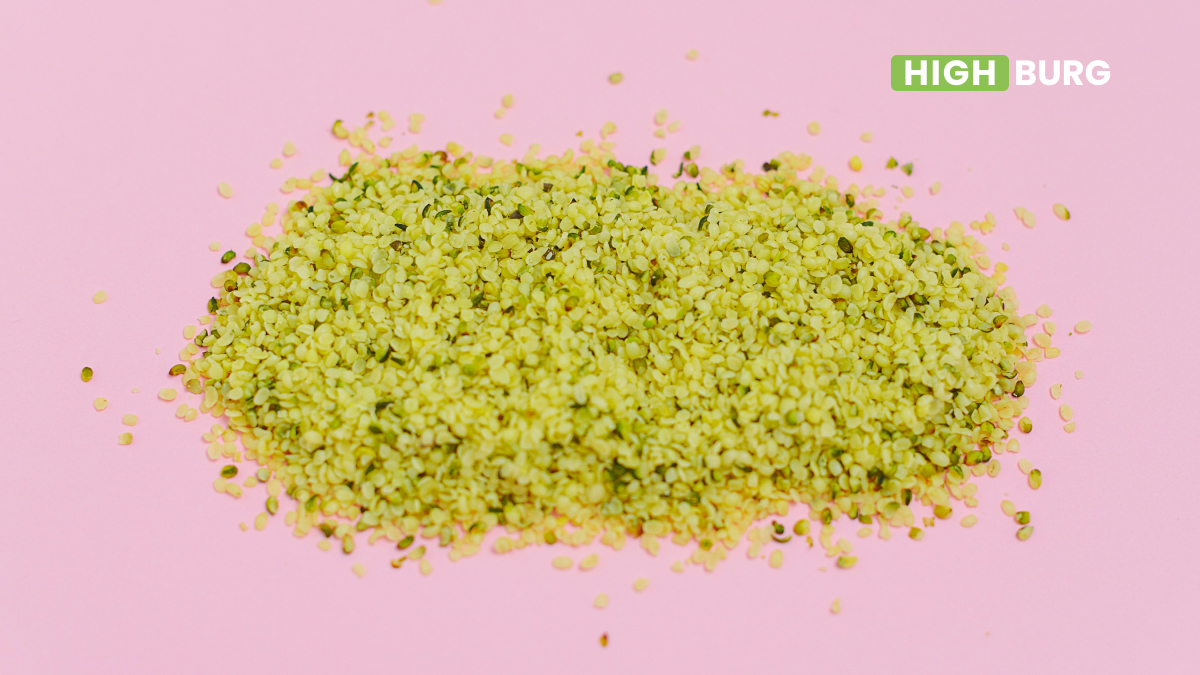Hemp is revered for its versatility so much, it’s often assigned a panacea status. And while that may be a little far-fetched, as the idea of any type of panacea inherently is, hemp’s versatility is at the core of its potential as a nutraceutical, meaning a food derivative promoting the general well-being, with nutritional value but also therapeutic properties.
We all know about hemp being a cannabidiol (CBD) goldmine, but despite its myriad potential therapeutic properties is not a dietary supplement. On the other hand, hemp seeds contain many components giving cannabis the nutraceutical status.
Hemp Seeds Contents
Hemp seeds are a rich source of minerals, including zinc, magnesium, iron, potassium and sulfur, along with dietary fiber, proteins, essential fatty acids like Omega 3 and 6 and Vitamins E and B.
Contents of Hemp
Hemp’s nutraceutical potential doesn’t come only with its seeds. Hemp’s secondary metabolites, like cannabinoids, terpenes and flavonoids, are valuable molecules giving to the plant the therapeutic properties, unique depending on the different cannabis strains.
Nutraceutical Potential of Hemp
With such a diverse and well-rounded composition that possesses both nutritional and therapeutic benefits, it’s no wonder that hemp and hemp seed oil have been a staple of herbal medicine throughout history, with their applications spanning both internal and external inflammation, pain and anxiety, diabetes-related complications, cancer symptoms, and cardiovascular health.
The anti-inflammatory properties of hemp and CBD in particular have even been linked to the improvement of cognitive functions in neurodegenerative diseases, which are often rooted in inflammation of the brain.
Moreover, because of its rich nutritinal profile including the presences of proteins, hemp seed oil can reduce meat intake and respectively the negative side effects of meat overconsumption. This is particularly relevant to older people, who need to eat less meat.
As the interest in nutraceutical potential of hemp grows, the extraction methods that can maximize this potential by capturing and preserving its bioactive compounds as efficiently as possible become more advanced.
Speaking of maximizing hemp’s nutraceutical potential, part of it goes through maximizing CBD’s bioavailability, which is a notorious obstacle that stems from the cannabinoid’s incompatibility with our body. This is because CBD is fat-soluble and our body is a water-based, unwelcoming environment to lipids. This creates the need for fatty mediums such as oils that can carry CBD through our body and improve its bioavailability. And as it so happens, hemp itself provides the perfect carrier – hemp seed oil, thus creating a sort of closed, self-sufficient loop.
